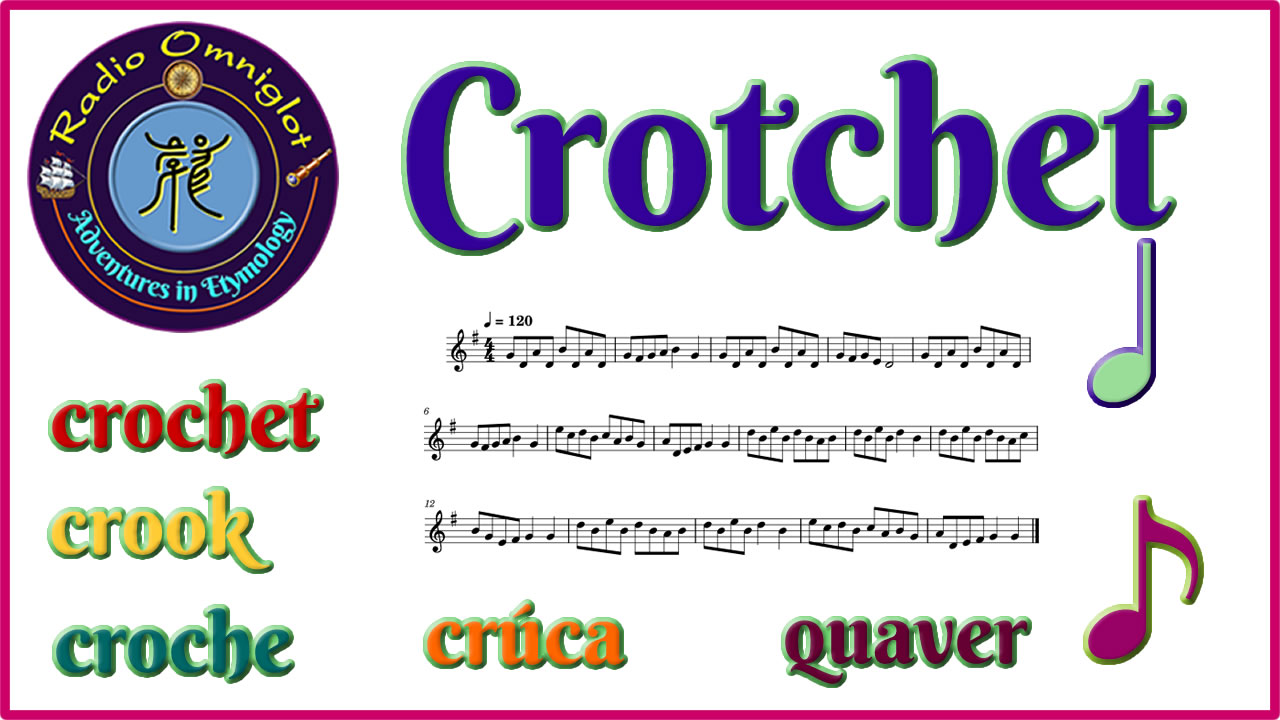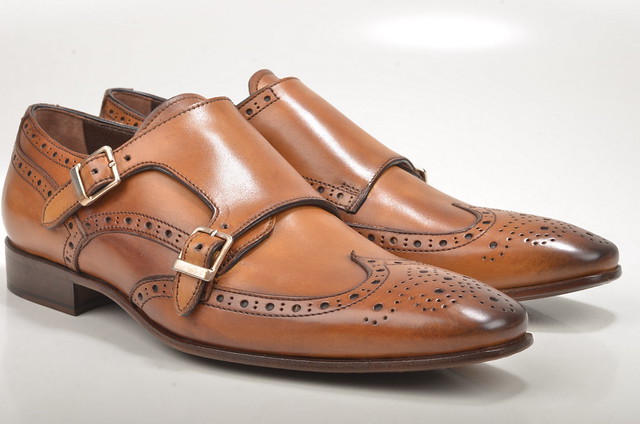Podcast: Play in new window | Download
In this Adventure in Etymology, we find connections between the words wing, wind and feather.
A wing [wɪŋ] is:
- An appendage of an animal’s (bird, bat, insect) body that enables it to fly.
- A fin at the side of a ray or similar fish.
- Part of an aircraft that produces the lift for rising into the air. (other meanings are available)
It comes from Middle English winge / wenge [ˈwinɡ(ə) / ˈwɛnɡ(ə)] (wing, flank of an army, shelter, refuge), from Old Norse vængr [ˈwɛ̃ːŋɡr̩] (wing), possibly from Proto-Germanic *wēingijaz, from Proto-Indo-European *h₂weh₁- (to blow) [source].
Words from the same Old Norse root include vinge (wing) in Danish, vængur (wing) in Icelandic, and vinge (wing) in Swedish [source].
Words from the same PIE root possibly include aeroplane, athlete, fan, vent, and weather in English, waaien (to blow, be windy, wave) in Dutch, vento (wind) Italian, and vent (wind, flatulence, empty words) in French [source].
The English word wind [wɪnd] also comes from the same roots, via Middle English wynd / wind [wi(ː)nd] (wind), from Old English wind [wind] (wind, flatulence), from Proto-West-Germanic *wind (wind from Proto-Germanic *windaz [ˈwin.dɑz] (wind) from Proto-Indo-European h₂wéh₁n̥ts (blowing, that which blows, air, wind), from *h₂weh₁- (to blow) [source].
Incidentally, ityn Old Englsh, a word for wing was fiþre [ˈfiθ.re], which was displaced by the Old Norse vængr (wing). It comes from Proto-Germanic *fiþriją [ɸi.θri.jɑ̃] (feathers, plummage, wing) from Proto-Indo-European *péth₂r̥ / pth₂én- (wing, feather), from *peth₂- (to fly). It became em>feþer / fether (feather) in Middle English, and feather in modern English. [source].
By the way, Happy New Year! Blwyddyn newydd dda! Bonne année ! ¡Feliz Año Nuevo! 新年快樂! 新年快乐! Felice anno nuovo! 新年おめでとうございます! Bliain úr faoi shéan is faoi mhaise duit! Bliadhna mhath ùr! Blein Vie Noa! Ein gutes neues Jahr! Feliĉan novan jaron! Поздравляю с Новым Годом! Šťastný nový rok! Godt nytår! Gott nytt år! La Mulți Ani! Onnellista uutta vuotta! 🎆🎉🥂🥳
You can also listen to this podcast on: Apple Podcasts, Amazon Music, TuneIn, Podchaser, Podbay or Podtail and other pod places.
If you would like to support this podcast, you can make a donation via PayPal or Patreon, or contribute to Omniglot in other ways.
Radio Omniglot podcasts are brought to you in association with Blubrry Podcast Hosting, a great place to host your podcasts. Get your first month free with the promo code omniglot.
I also write about words, etymology and other language-related topics on the Omniglot Blog, and I explore etymological connections between Celtic languages on the Celtiadur blog.













